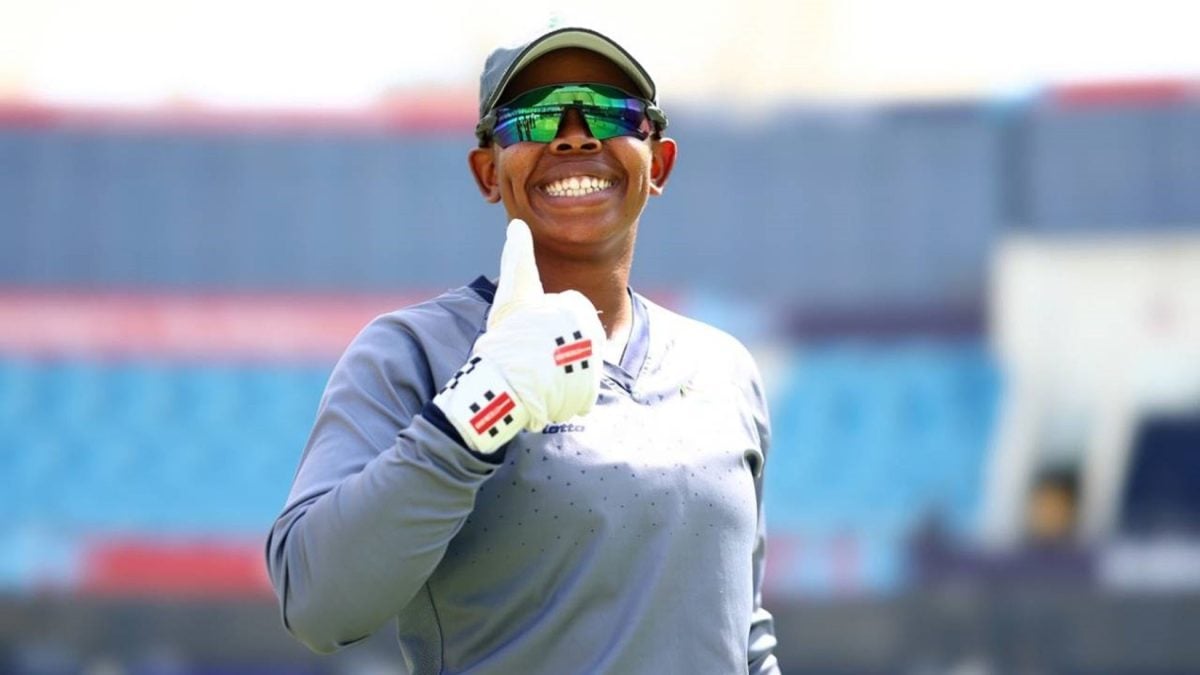(ESPN) Cricket has concluded one of the biggest social media moderation trials in sport and found that almost a fifth of comments made on player or team social media pages are either harmful or generated by bots.
The programme, which ran over the course of the recently completed Women’s T20 World Cup in the UAE, saw the ICC employ an AI tool created by tech company GoBubble to weed out online bullying. It analysed 1,495,149 social media comments across 60 player and eight team accounts and 271,100 of them, contained racism, sexism, homophobia and other kinds of abuse.
All the monitored accounts were from players or teams who opted into the service, offered by the ICC as a way of making the game safer for players, especially in light of the increased attention on the women’s game.
Earlier this year, ESPNcricinfo published a deep dive into social media harassment and found that abuse directed at female players, or the female partners of players is rampant, which makes the focus on women pertinent. And on Monday, the ICC’s next women’s FTP sees an expansion to 11 teams, from ten, more than 100 additional fixtures and dedicated windows for three leagues which will only increase attention and growth on the women’s game.
“One of the objectives of the ICC is to look at ways in which we can inspire as many women and girls to play cricket as possible,” Finn Bradshaw, the ICC’s Head of Digital told ESPNcricinfo. “We heard the stories from a lot of women and girls, unfortunately, once they become a bit more public, the abuse that they get online can be really inhibiting.
“The last thing you want is a teenage girl who’s got some talent and ability and then she sees what one of her heroes goes through on social media and thinks, ‘I can’t face that’. We know mental health is such a big thing across the world and social media can be terrible for mental health and so anything we can do to make that girl’s decision to play cricket easier, we want to do that.”
The GoBubble tool works in two ways: by picking up words which are abusive, both in English and other languages, and also be personalised for particular players or teams, and by scanning for bots who are advertising unrelated content on pages.
“There’s a whole range of words: swear words, slurs or insults but the best part about this software is that you can individualise it. If, for example, a player has had an unfortunate incident that’s specific to them in the past and people keep bringing it up, we can then make sure that those comments are hidden for them as well,” Bradshaw said. “There are a lot of bots selling things players or teams don’t want on your account, for example, cryptocurrency. It blocks that as well and cleans it all up which just means for the average fan, the social media experience is better.”
“That protection for me is very big because players get to share their life with the world without the fear of being judged or criticised, I am looking forward to seeing the changes, people just being free and players can just show the world who they really are.”
Sinalo Jafta
Sinalo Jafta, the South Africa wicketkeeper-batter, was one of the players who revealed her struggles with online abuse and has been the face of the ICC’s initiative. Before the introduction of this service, Jafta entrusted a friend or family member with the task of going through her social media accounts and deleting any abusive comments or messages.
She recognised that not all players would do the same but now that they can rely on an AI tool, she hopes they will be more comfortable sharing content. “That protection for me is very big because players get to share their life with the world without the fear of being judged or criticised,” she said in an ICC release. “I am looking forward to seeing the changes, people just being free and players can just show the world who they really are.”
Ultimately, both Jafta and the ICC want to encourage positive social media use to inspire the next generation of players. “For players who are comfortable with social media, we love to work with them and find ways to showcase their personality to the fans because fandom starts with the player,” Bradshaw said. “A young kid falls in love with a player and it’s usually not just about whether they can hit a six, it’s about their personality and something the child sees reflected in that player.
“Social media is amazing for that and for the players who are comfortable doing that, it’s an amazing tool. And we want to make sure that experience is as enjoyable for the player as it can be.”
Currently, women’s players can sign up for the service until the end of 2025 and the ICC is looking at making it available for male players as well. “We wanted to do a trial and to see how it goes and we will produce a report,” Bradshaw said. “Then we’ll see if there’s demand for this from the male players.”










